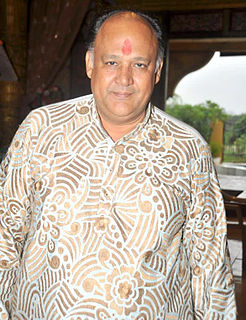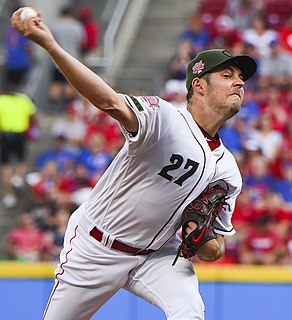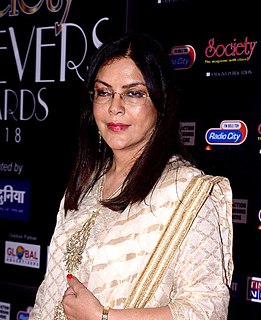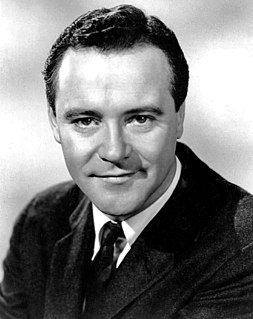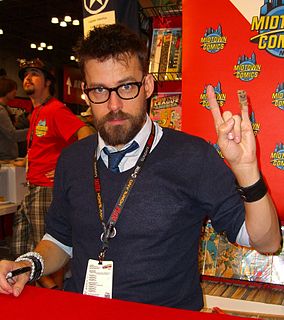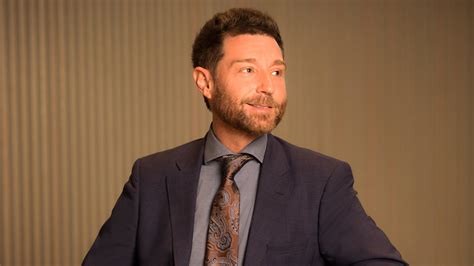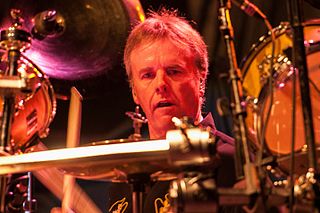A Quote by Alok Nath
I now realize the parts I played are too good to be true.
Related Quotes
The most ancient parts of truth . . . also once were plastic. They also were called true for human reasons. They also mediated between still earlier truths and what in those days were novel observations. Purely objective truth, truth in whose establishment the function of giving human satisfaction in marrying previous parts of experience with newer parts played no role whatsoever, is nowhere to be found. The reasons why we call things true is the reason why they are true, for to be true means only to perform this marriage-function.
I buried myself so much in the classics that I felt, "Well now, I've played all the big parts, whether badly or goodly, I don't give a damn, but at least I've played them all. Now, let's start again. Let's start the whole career again." And it makes you feel like you're beginning again, it really does.
I think writing comics is predicated on being a fan - there's no either/or. I'd argue I'm an even bigger fan now than when I started because I know how the hot dogs get made. And I kinda always saw the moving parts. I think I appreciate the good ones more now that I realize how lousy the production process can be, how hard it can be, and how easily something good can get crushed in its cogs.
